Posts by Beverley Hatcher-Mbu

Demystifying interoperability: Key takeaways from our new white paper
This blog post gives an overview on our latest paper on interoperability, implementing interoperable solutions in partnership with public administrations. Based on over 20 years of DG’s experience, the paper demystifies key components needed to build robust, resilient, and interoperable data systems, focusing on the “how” of data standardization, data governance, and implementing technical infrastructure.
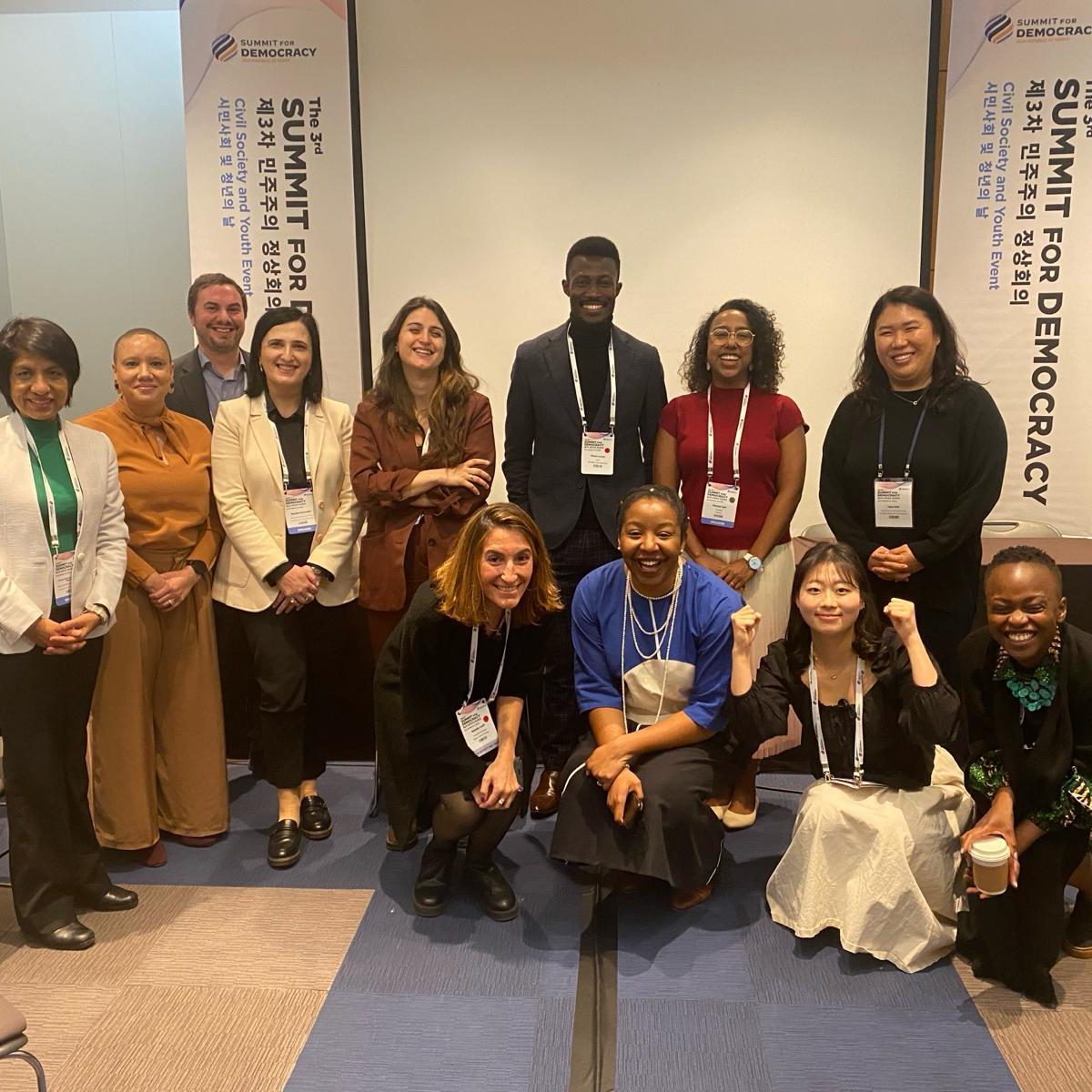
Technology for a Stronger Democracy? Key Insights from the Third Summit for Democracy
During the recent Summit for Democracy in Seoul, South Korea, DG led a session exploring how national commitments to developing technology can strengthen democracy and combat corruption. From that conversation, we identified three insights on how to advance this essential work.
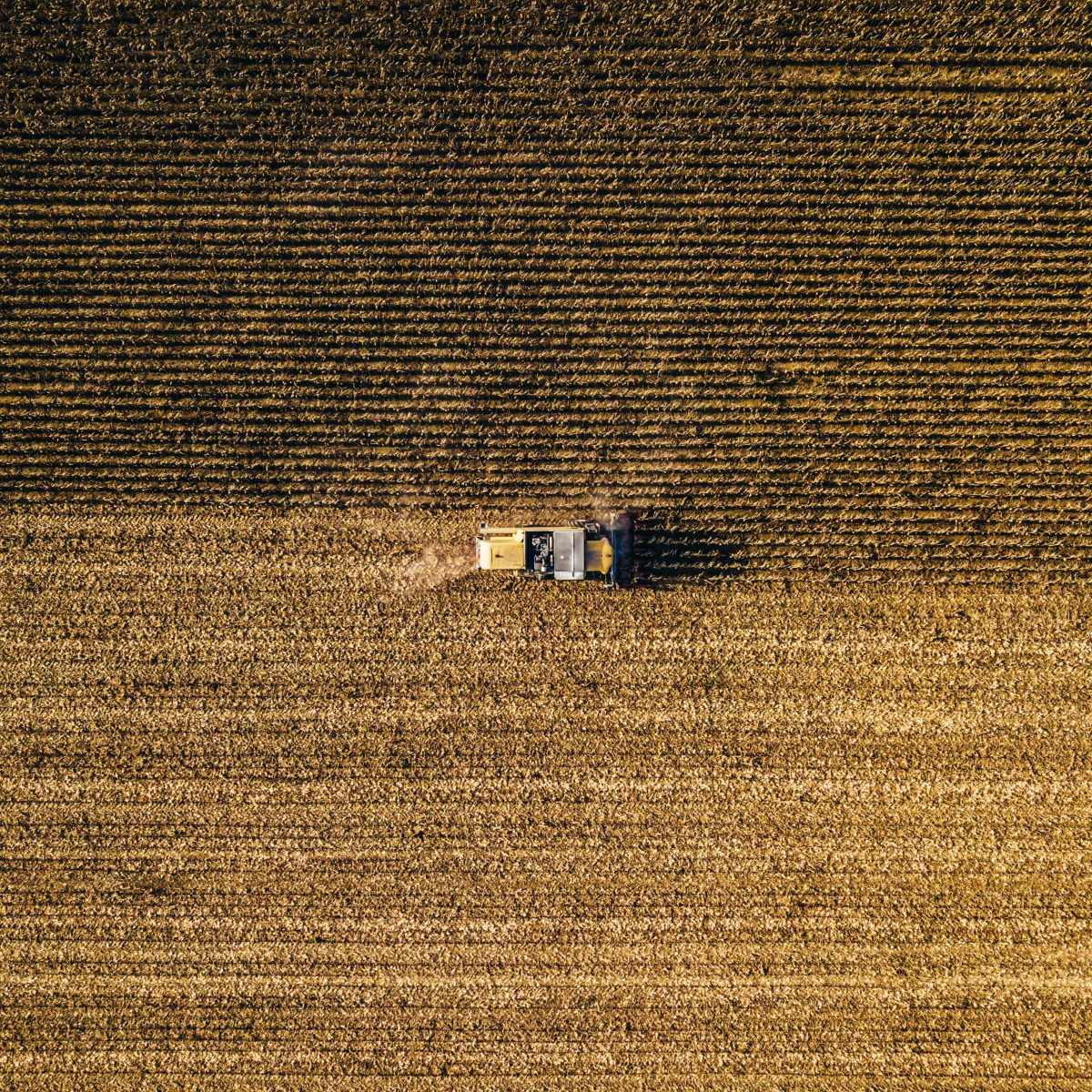
What Does a Good Agriculture Data System Look Like? Reflections from 2023 Festival de Datos
DG's joint session at 2023 Festival de Datos posed the question: What does a “good” agriculture data system look like? In this blog post, we'll delve into the key principles that emerged from the discussion.
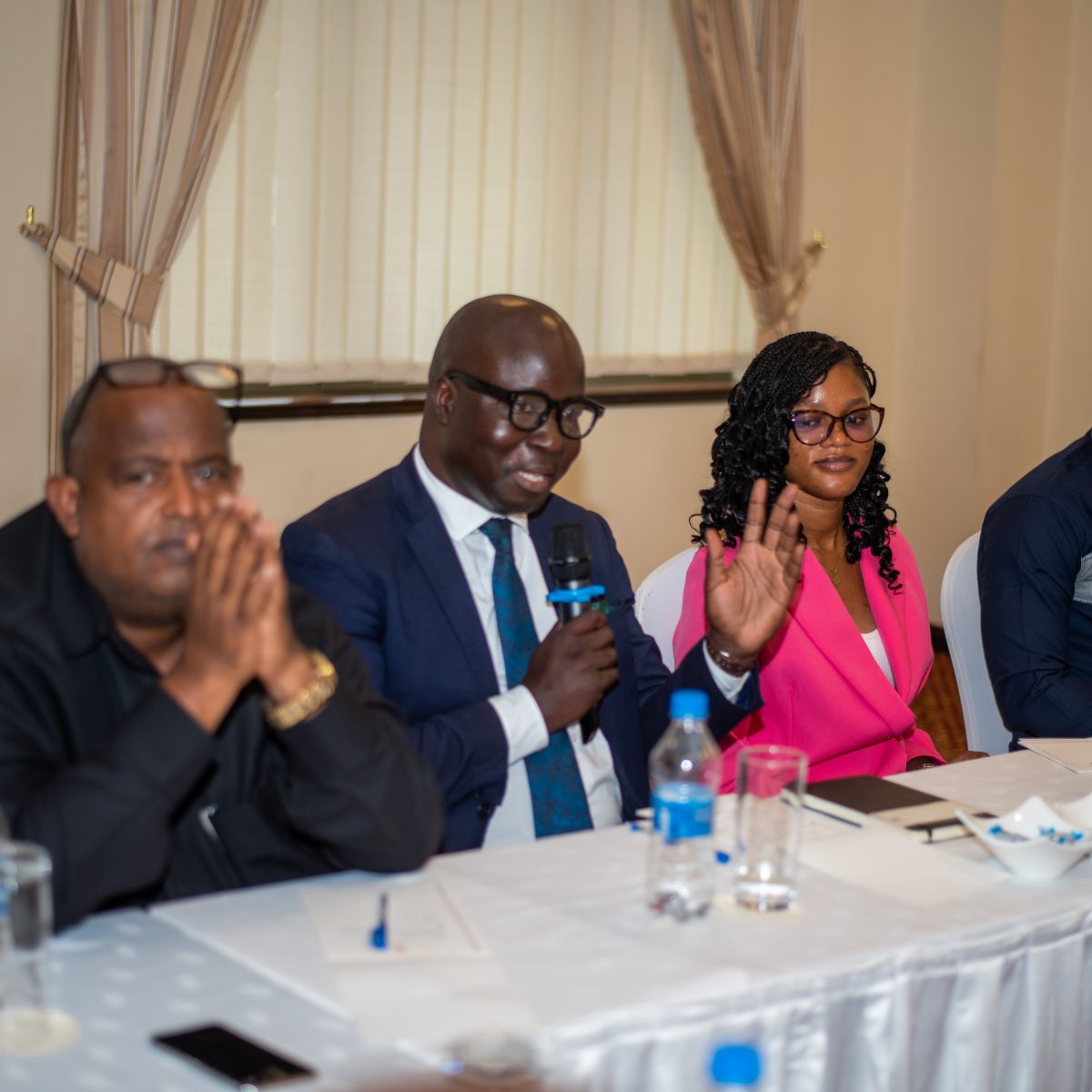
Three Key Takeaways From Discussions on Digital Transformation in Agriculture
Development Gateway: An IREX Venture (DG) hosted a discussion titled "Transforming Food Systems: The Power of Interoperability and Partnerships" at both Africa Food Systems Forum (AGRF) 2023 and the recently concluded ICT4Ag conference. Discussions from these critical events revolved around key themes crucial to DG’s ongoing work, including connecting people, institutions, partners, and systems when we think about technology working at scale to transform agriculture. In this blog, we explore three key takeaways from these conversations.
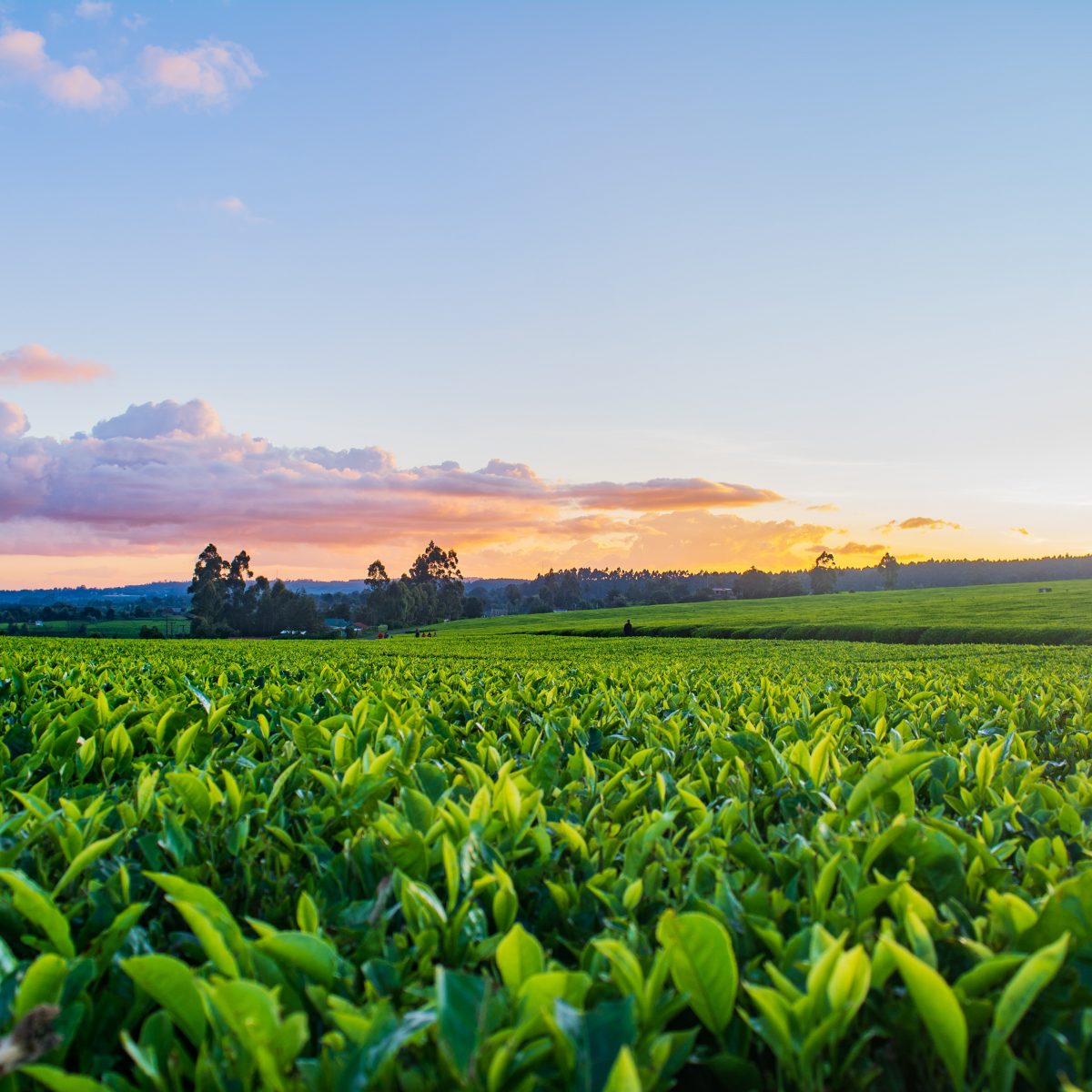
Launching: Digital Advisory Support Services for Accelerated Rural Transformation (DAS)
The Digital Advisory Support Services for Accelerated Rural Transformation (DAS) Program launched in March 2022 and will go through March 2025. Development Gateway: an IREX Venture (DG) will implement the grant in partnership with Jengalab and TechChange to advance Information and Communication Technology for Development (ICT4D) in the agricultural sector across Africa, the Middle East, and Central Asia.
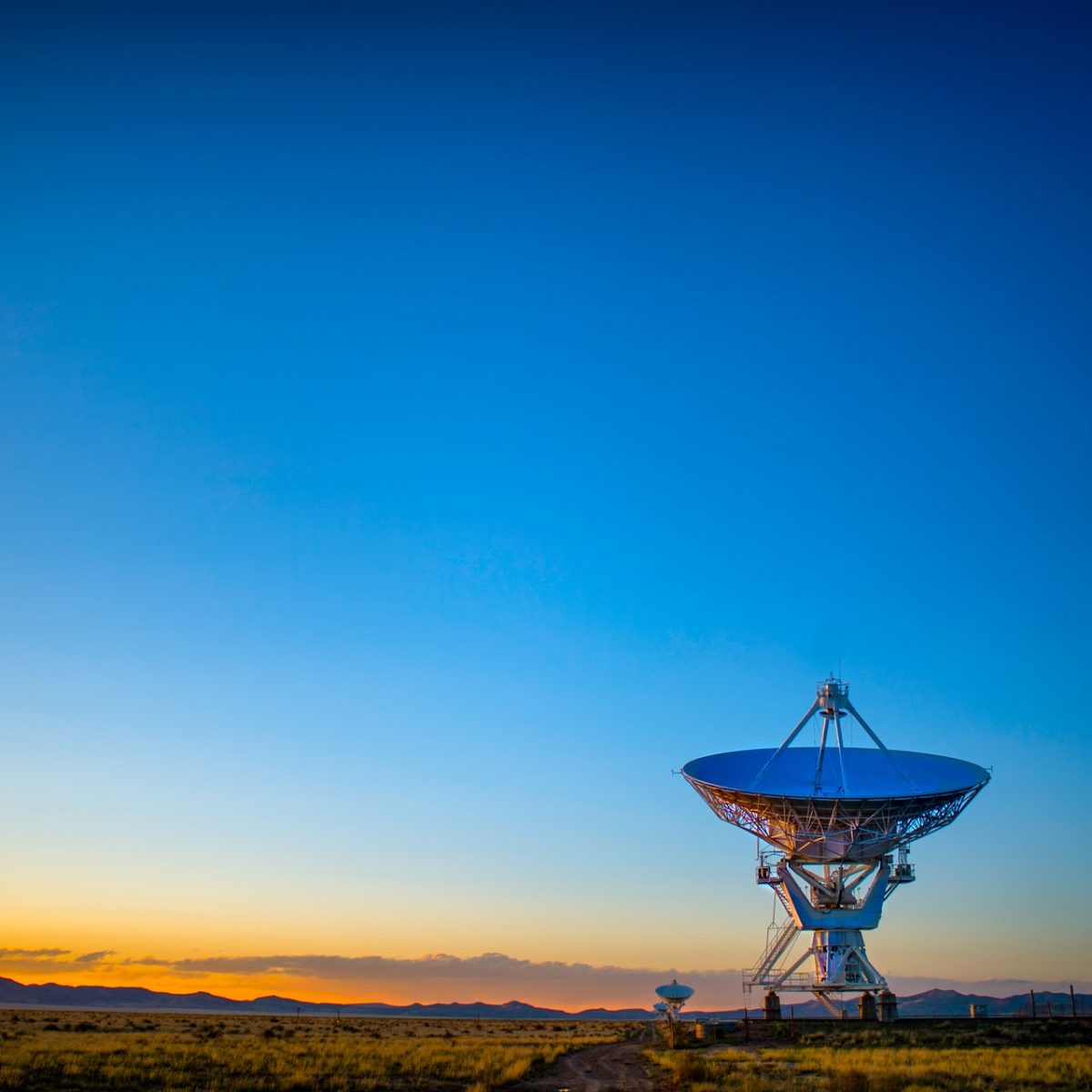
What We Know So Far: Best Practices in Developing Data Governance Frameworks
Data governance frameworks are essential as data and technology continue to become increasingly central to how governments, institutions, groups, and individuals all interact with one another and among themselves. Here are the best practices DG has learned in creating data governance frameworks so far.
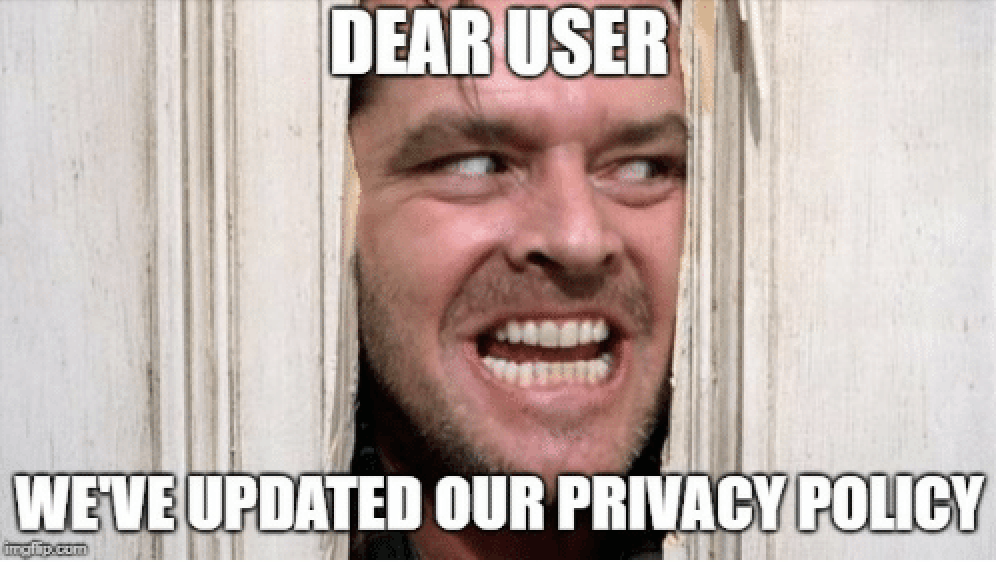
All In Your Business: Talking Data Governance and Privacy at Development Gateway
Our work is at the intersection of open data, technological development, and strategic advising to improve data use. We see growing questions about how we as a global community manage, share, reuse, and store data that is integral to our existing and future work. This blog is the start of a conversation we want to have.
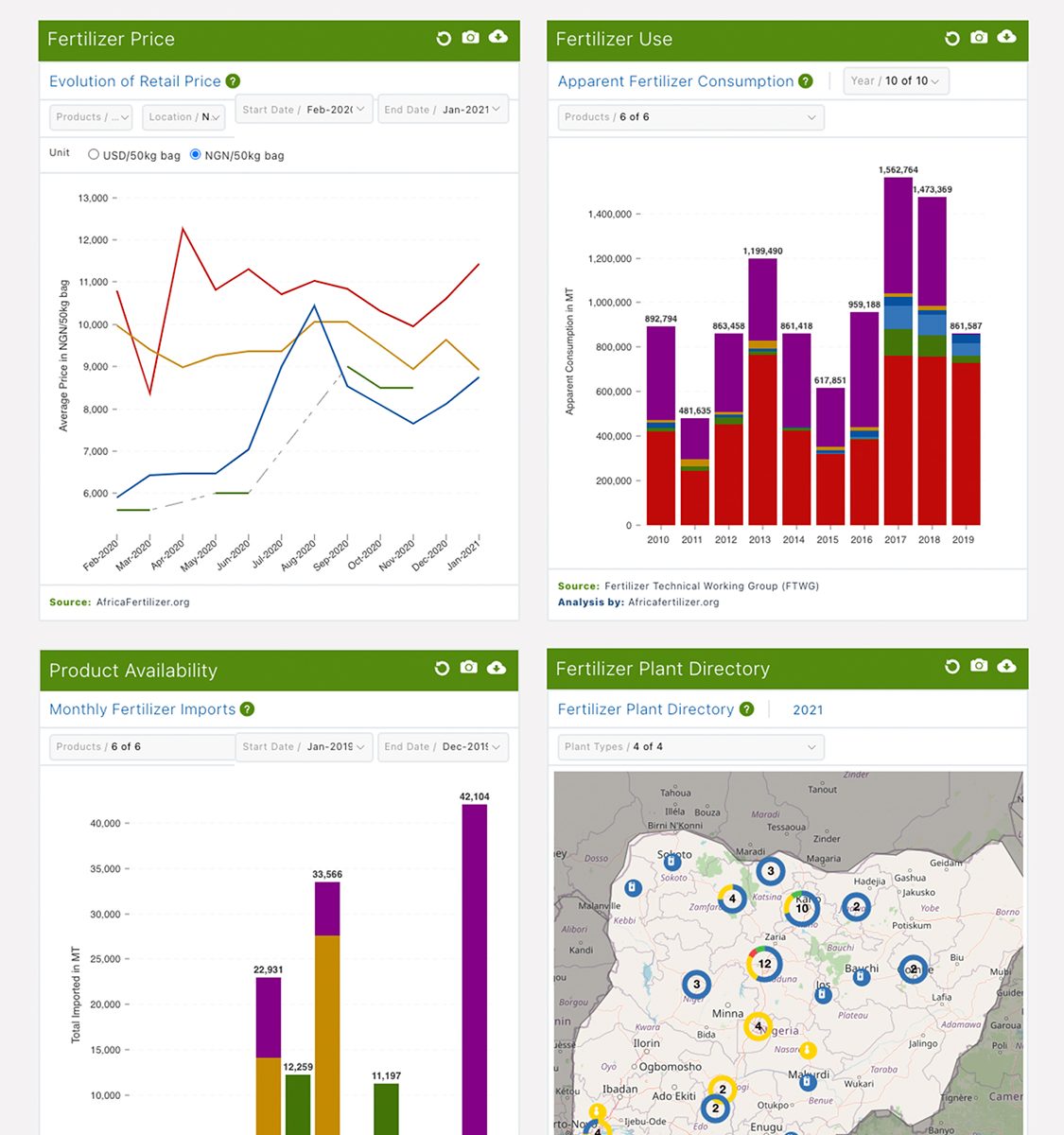
Changing the Data Landscape: The VIFAA Nigeria Dashboard
In place of unwieldy spreadsheets and dozens of sources, the VIFAA Fertilizer Dashboard introduces a “one-stop-shop” for trustworthy, visually appealing information that is key to understanding Nigeria’s fertilizer sector.
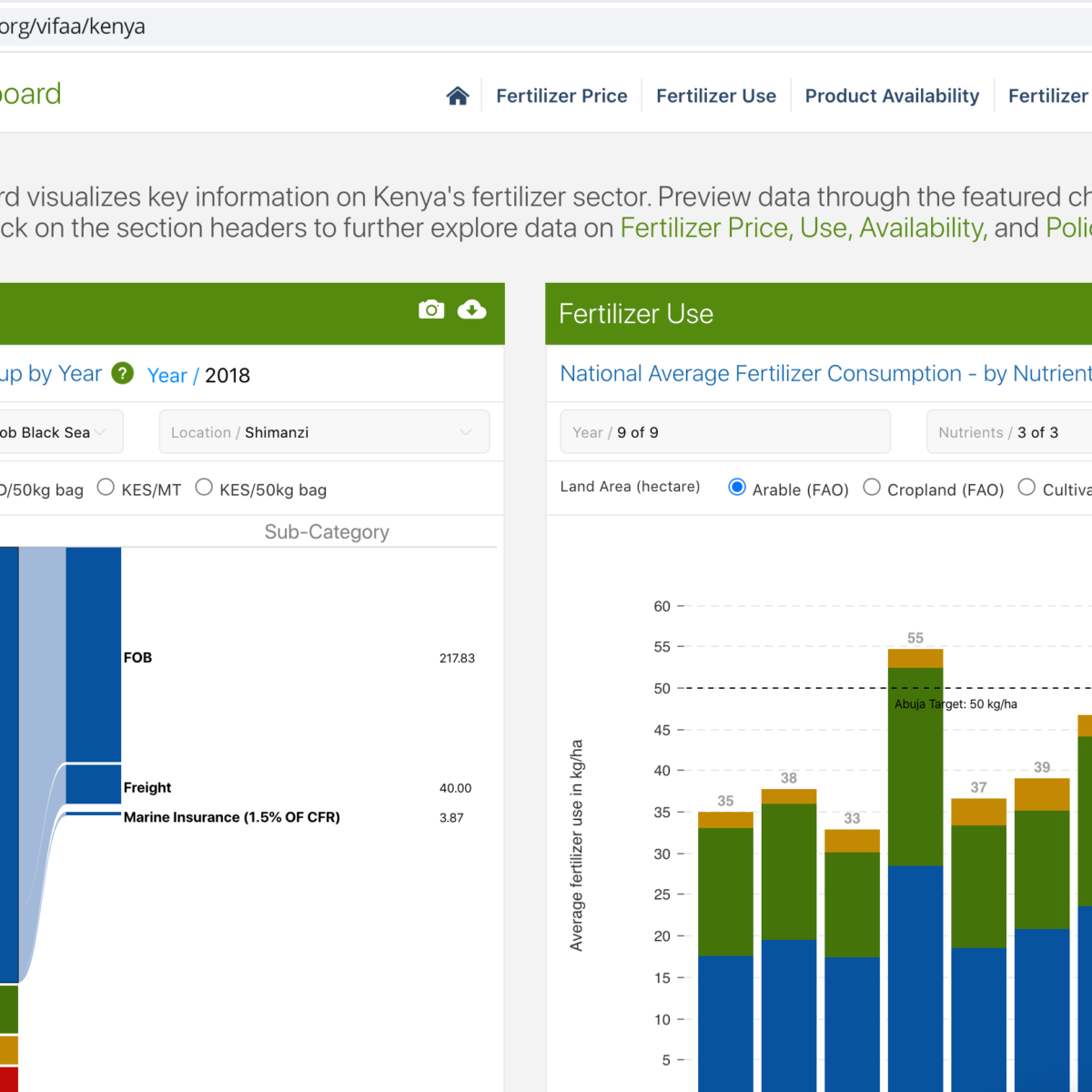
The Kenya Fertilizer Dashboard is Live!
We are thrilled to announce that the Visualizing Insights for African Agriculture (VIFAA) Kenya Fertilizer Dashboard is now live! From fertilizer price to consumption, this dashboard makes Kenya’s fertilizer data easier to access, use, and share for national and county level decision making
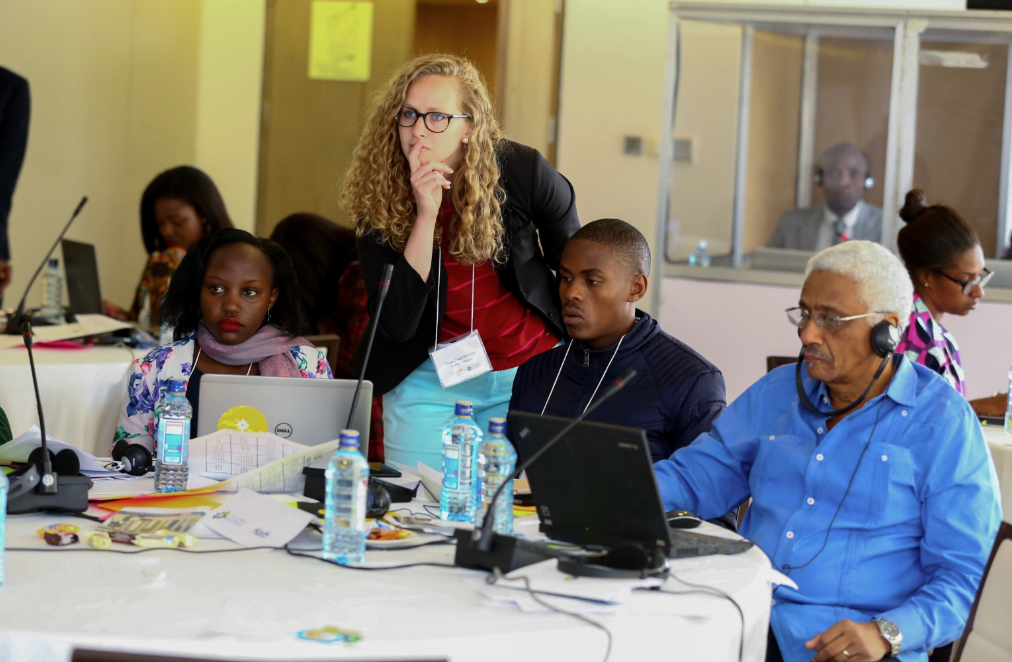
Making South-South Cooperation Personal: A Learning Exchange Between Haiti and Côte d’Ivoire // Titre : Pour une coopération Sud-Sud personnalisée : Un échange de connaissances entre Haïti et la Côte d’Ivoire
“Knowledge sharing” is an undeniable buzzword in the international development space. However, the idea behind it is both simple and effective: by sharing similar experiences and learning from one another, teams can develop practical solutions to challenges. Often, they also discover their challenges are not unique – across DG’s global Aid Management Platform (AMP) network, our experience highlights how AMP country challenges and goals are often aligned.